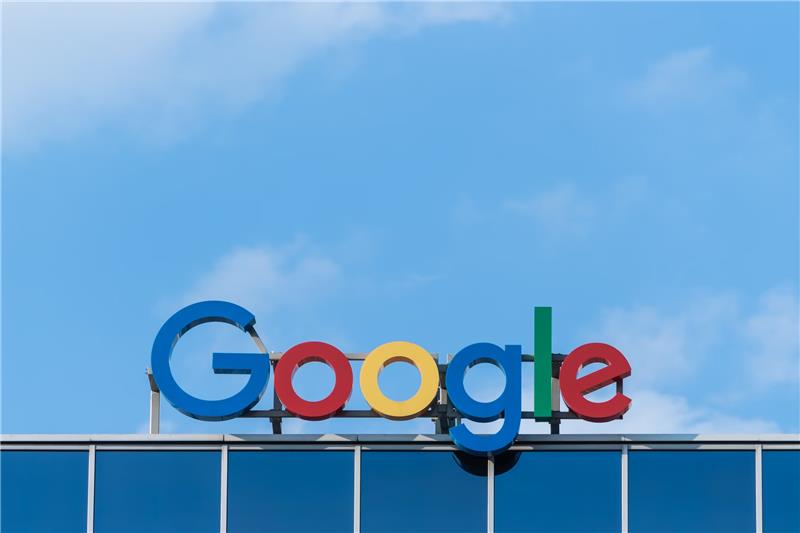
Explore our NEW Knowledge Base and Help Desk to find everything you need to attract, engage and convert talent with your Vennture website.
Discover More
When the recession began in 2008, the British and worldwide economies both suffered. Companies were soon making job cuts and one of the first by-products of this was that the recruitment industry had plenty of new candidates but no roles to place them in.
If you don’t believe what I’m saying then take a look at the worldwide users searching ‘recruitment’ in Google:

You can see where the obvious recession dips are. Now, let’s take a look at the same term but only focus on searches from the UK:

Why are UK searches continuing to fall while global ones have recovered? Have we been suffering a constant recession that the rest of the world hasn’t experienced? Rec.uk.com said the UK recruitment industry posted a return of £28.7 billion in 2014, which is up £2.2 billion on the previous year, so I don’t think we are experiencing an isolated economic downturn. If this is not the case, what exactly are we doing different in the UK?
User search habits have changed. Gone are the days when we’d type ‘recruiters’, ‘recruitment’ or ‘jobs’ into Google, we now look for relevant jobs via multiple digital means. Not only has the way we search changed, but we also find ourselves in a world of global digital brands that, in some instances, have become bigger than their industry. Think Hoover, Wonga and, judging by the chart below, Indeed.

In some ways this is good for recruitment consultants, as it gives them an obvious outlet to get more CVs and improve their chances of filling a vacancy. However, you could argue that the above suggests that the recruitment industry as a whole is starting to hide behind the global dominance of a brand like Indeed.
You may ask why you’d bother looking at increasing the exposure of your own brand when you can get by using someone else’s, and you may have a point. But then, why buy a house when you can just rent one? I suppose it depends if you are happy lining someone else’s pockets!
The current trend of Indeed being bigger than individual brands comes with pros and cons:
By relying on Indeed’s prominence and paying for the privilege, all that recruitment companies are doing is putting Indeed in the spotlight while hiding themselves behind the curtain. Don’t believe me? Take a look at indeed.co.uk’s organic reach over the last five years:

Take a look at the below video from Moz for more information on why brands tend to rank higher on Google.
Expect the advertising and marketing from Indeed to grow, which in turn will ultimately benefit the recruiter that is piggybacking off of this. But as it grows and becomes more competitive, costs will rise and recruiters will be the ones to lose out if they don’t have a long term strategy that doesn’t rely on Indeed. Recruiters should take a lesson from Indeed and ask themselves whether they are investing enough in the development of their own brands (have a look just how far Indeed are going to market their brand here).
This leads me to another question that’s begging for an answer, why aren’t Google capitalising on this lucrative industry? In a recent conversation I had with Bill Slawski, he said that before working for the search engine, Google’s Head of Structured Data, Alon Halevy, “developed a site that aggregated classifieds information together, much like Indeed does”.
We already know that Google are looking to monetise head search terms such as ‘mortgages’ and ‘insurance’, so why won’t they be looking to take on the lucrative market of recruitment? It would be easy for Google to serve ‘sponsored’ job listings in the same format as they do for something like Google Shopping and start a shift in power from Indeed to themselves. See the below image for an example of this.

How much do you think this tool has hit MoneySuperMarket’s organic traffic?
Then again, Indeed do use Google Ad’s in their sidebar. Are they spending enough with Google to put the search giant off entering the market?
The fact of the matter is that the industry is making an already dominant brand, which could be classed as a competitor, even stronger. While it does mean that recruiters are getting more eyes on their jobs, this is a short sighted view. Marketing your own company instead of relying on go-to recruitment brands like Indeed will lead to more recognition in the long term.